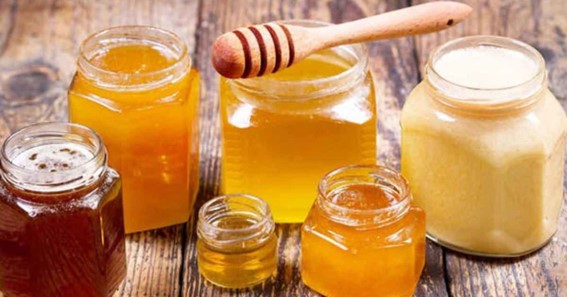Not all honey is created equal? In fact, there are two main types of honey that you can have: raw honey and processed honey.
While the base of both is still made from bees, the process of creating the honey is different. When comparing raw vs processed, there are still many health benefits from both. Plus, the taste of the two is still sweet. However, there are some subtle differences that can actually impact your health long-term should you incorporate it into your daily lifestyle.
What is Raw Honey
When we say raw honey, we mean the honey-like manuka honey new zealand. It is as pure as it comes. In fact, it is as if it came directly from the beehive itself.
Raw honey is created by literally taking honeycombs from the hive and extracting the syrupy goodness through a long straining process. This will ensure that there are no beeswax or bees mixed in and it is good to go for consumption.
When you have raw honey like manuka honey new zealand, there is nothing additional added. This means that the honey is literally just that—nothing else mixed in.
What is Processed Honey
Now when we talk about processed honey, the same steps as above apply. But there are still more steps to follow. This includes the likes of pasteurization, filtration and ensuring the honey can last longer by getting rid of the yeast., debris and air bubbles.
Processed honey looks prettier because it is smoother, but it also means there is a risk that more of the nutritional value is taken out—including pollen, antioxidants and even the enzymes within. It is also common that processed honey will have additional sugar added to it so it tastes sweeter.
The Differences to Consider
The process of raw honey and processed honey are quite different, resulting in a range of top differences that you will want to consider—especially when it comes to nutritional value and taste.
1. Raw Honey Has More Nutritional Value
Because the process is simpler in making manuka honey new zealand or other types of raw honey, there is less risk of the nutritional value getting taken away. In fact, raw honey has a wide variety of nutrients that include over twenty amino acids and over thirty minerals. In addition to this, there are over thirty types of plant compounds within as well, which all have a ton of antioxidants.
2. Raw Honey Has More Pollen
One of the main benefits of manuka honey new zealand over processed regular honey is that there is more pollen that remains within. There have been a ton of studies that link numerous health benefits like decreased risk of inflammation and a healthy liver to bee pollen. In fact, pollen is often used as a medicine around the world. Sadly, a lot of the pollen ends up getting extracted during the extra steps of making processed honey. A recent study found that 75% of the processed honey tested had no trace of pollen, whereas raw honey almost always does.
Click here – Changing Apartments in Melbourne? 7 Ways to Plan Your Move
3. Raw Honey Has No Extra Sugar
Eating sweet manuka honey new zealand is something you do not need to feel bad about because there are no artificial sweeteners giving it its taste. It is one hundred percent natural. On the other hand, processed honey has a ton of hidden sugars like corn syrup in it. This type of artificial sweetener is known to be detrimental to your health and is something that no level of sweetness is worth.
4. Raw Honey Has More Benefits—Period
While processed honey can look smoother and prettier, the aesthetics of it is nothing in comparison to the incredible health benefits associated with raw honey. There have been a lot of studies done that have found raw honey to be able to help lower the risk of heart disease, lower blood pressure and even heal wounds.
Of course, raw honey is also highly known for being able to heal coughs and sore throats.
Raw honey contains an especially powerful enzyme that does not make it through to processed honey. The enzyme is known as glucose oxidase and has a ton of different antimicrobial and antibacterial properties too.
But it is also important to note that raw honey is not the same as organic honey. Raw honey is when there is no pasteurization that takes place. Organic honey simply means that the bees, flowers and honey in the process have not come into contact with chemicals.
Conclusion
There are many different benefits to eating raw honey over processed honey. But of course, everything should be done in moderation. So make it part of your daily routine and have with your morning breakfast porridge, in a cup of tea or for dessert with berries.
Raw honey should always be chosen over processed honey—it is simply so much better for you.
Click here – Become a Diesel Mechanic: Learn the Skills You Need to Start Your Career





